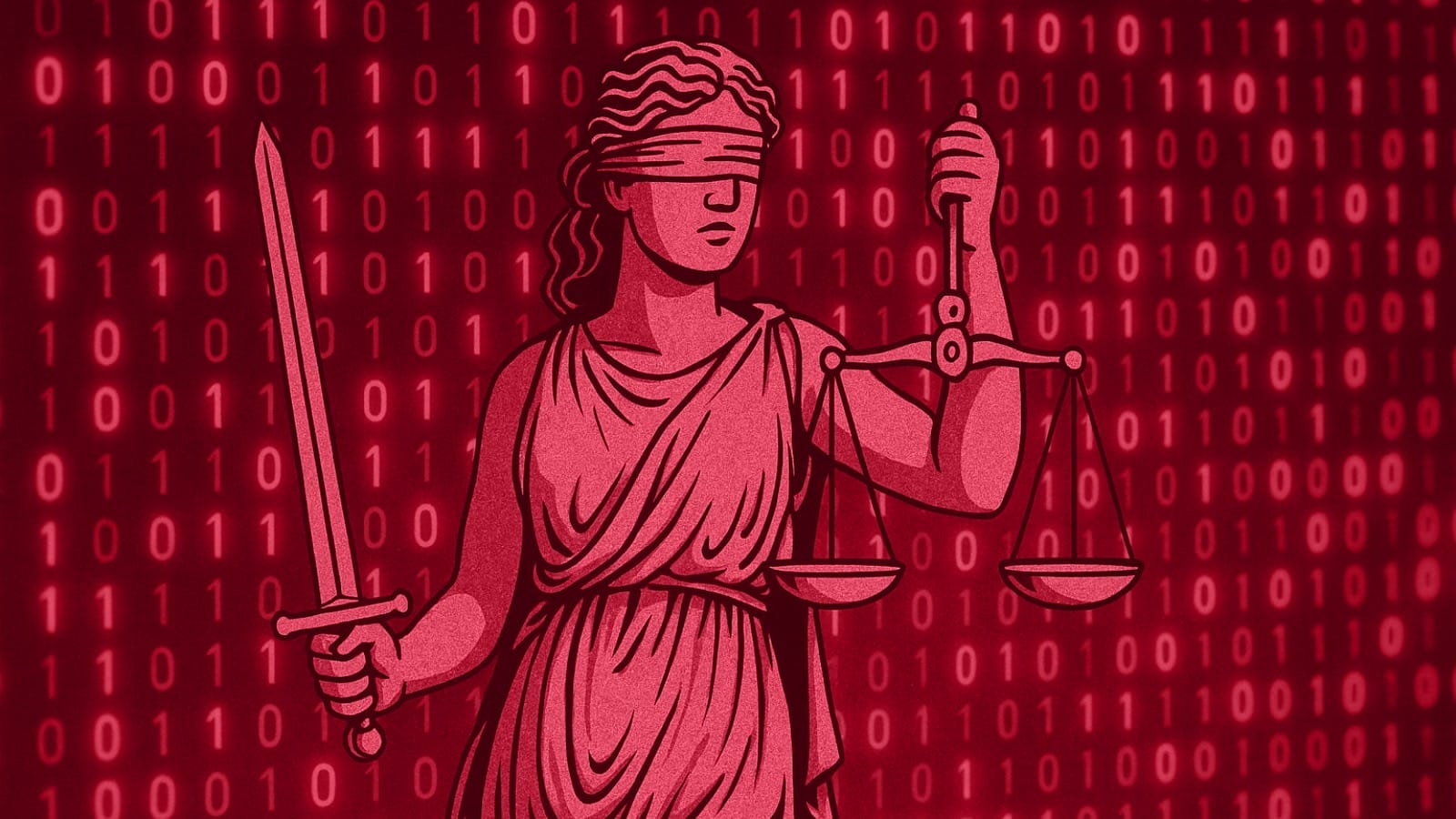OpenAI has asked a federal judge to reverse an order requiring the company to turn over 20 million anonymized ChatGPT conversations to the New York Times and other news outlets. The request stems from an ongoing copyright infringement lawsuit against the AI company.
The New York Times and other publishers are suing OpenAI, claiming the company misused their copyrighted articles to train ChatGPT. As part of the legal discovery process, the plaintiffs requested access to ChatGPT user conversations to determine whether the chatbot reproduced their content and to verify OpenAI’s claims about how it uses copyrighted material.
Magistrate Judge Ona Wang ordered OpenAI to produce the chat logs, stating that user privacy would be protected through de-identification and other safeguards.
In a blog post, OpenAI Chief Information Security Officer Dane Stuckey argued that the demand violates user privacy and that 99.99 percent of the conversations have no connection to the copyright claims. The company states it previously offered privacy-preserving alternatives, including targeted searches for chats containing New York Times content, but these were rejected.
OpenAI says the 20 million conversations represent a random sample from December 2022 to November 2024. The company claims it will de-identify the data by removing personal information before any disclosure. Business customers using ChatGPT Enterprise, Edu, or Business accounts are not affected.
A New York Times spokesperson responded that OpenAI’s statements “purposely mislead its users and omit the facts,” adding that user privacy is not at risk because the chats will be anonymized and protected under a legal order.
